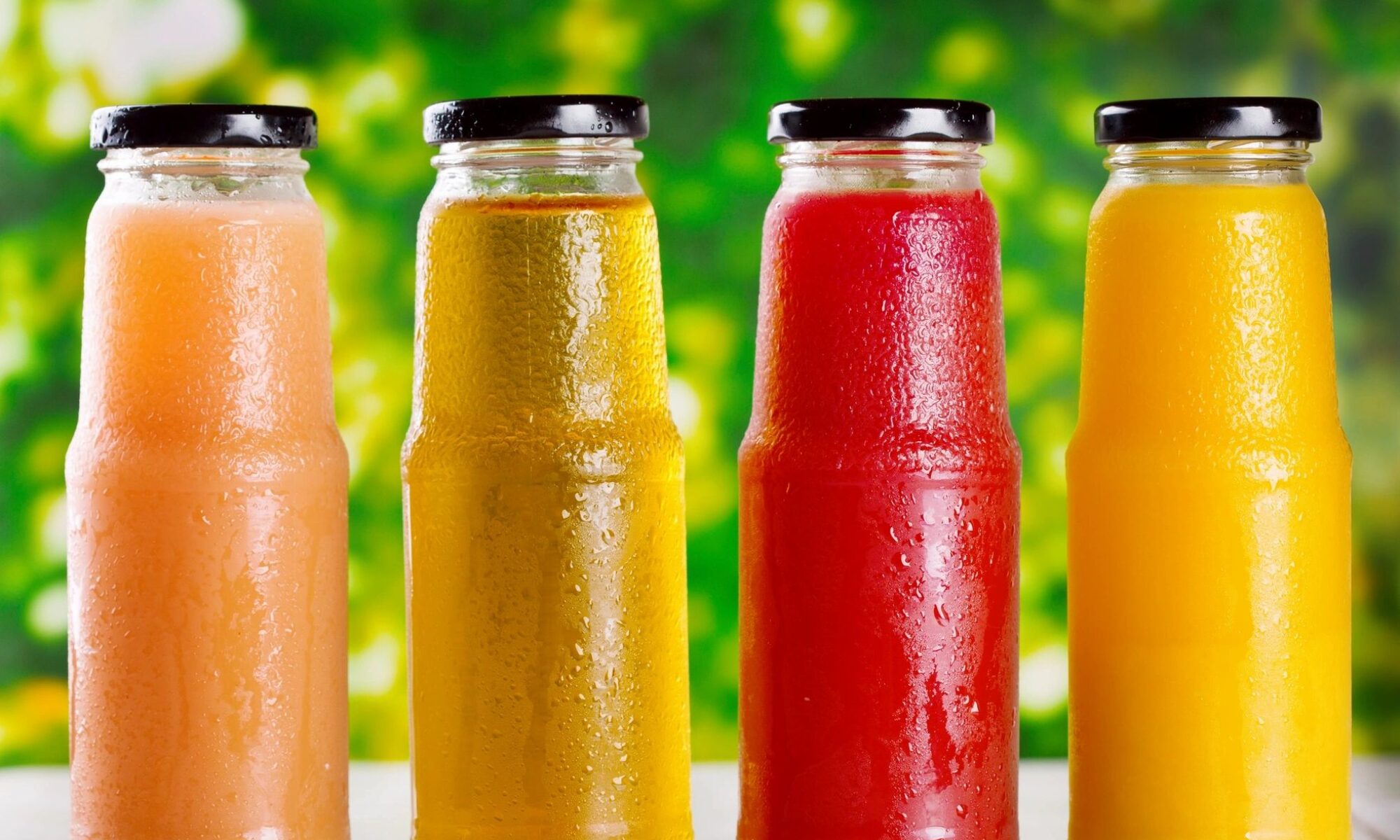Sugary Drink Consumption in Philadelphia Drops
A Drexel University study has found that the tax of 1.5 cents per ounce on soda and sweetened beverages in Philadelphia has meant that residents are about 40% less likely to drink soda every day. The researchers surveyed 900 Philadelphia residents before and after the tax took effect.
They also compared responses with those from residents in places near Philadelphia without such a tax. The findings of the study were published in the American Journal of Preventative Medicine.
A co-author of the study, Amy Auchincloss, said the tax was in the interest of public health. She believes that sugary drinks have been under-priced in comparison with healthy beverages. This tax has helped to level the playing field.
The study only reflected drinking patterns for two months after the tax took effect. Whether consumption of sugary drinks will continue to remain lower is yet to be seen. When Mexico imposed such a tax, soda consumption declined for at least two years.
Effects of the tax
The health costs of drinking sugary drinks are undeniable. Weight gain, heart disease, higher risks of developing type 11 diabetes, tooth decay and other ills.
Whether a tax can change human behavior is questionable. Despite the fact that unhealthy drinks have become less competitive, 30% of Philadelphians continue to drink one sugary beverage a day.
The surveys for the study also showed that consumption of sugary fruit drinks like Koolaid did not go down, even though they are also taxed. Auchincloss believes that this could be due to the false perception of these drinks. The thought is that these drinks are healthy, even though they contain very little fruit and about the same amount of added sugar as soda.
Reduced Projected Revenue
Philadelphia was the first major city to impose such a tax, and the revenue was to be used for public projects such as libraries, schools, recreation centers, and parks. Projected revenues have not been as expected. No one was surprised when Mayor Jim Kenney’s budget proposal reduced projected revenues from the tax by about 15%.
After Philadelphia passed its 1.5 cent-per-ounce tax on the supply of sweetened beverages in January 2017. Other jurisdictions like Seattle, San Francisco, and Cook County did the same.
The Cook County tax was quickly repealed. Also, none of the others have worked out as expected. It has been found that consumers shift to other beverages or buy the higher-priced items in other jurisdictions.
One of the main reasons the beverage tax passed was it was tied to popular programs. These programs are now facing serious shortfalls.
Some pending legal challenges from retailers and the American Beverage Association as to the legality of the tax, add further uncertainty. One thing seems sure – beverage taxes are not a reliable way to fund public programs.
Check out my Crunchbase profile to view all my press releases and articles.


